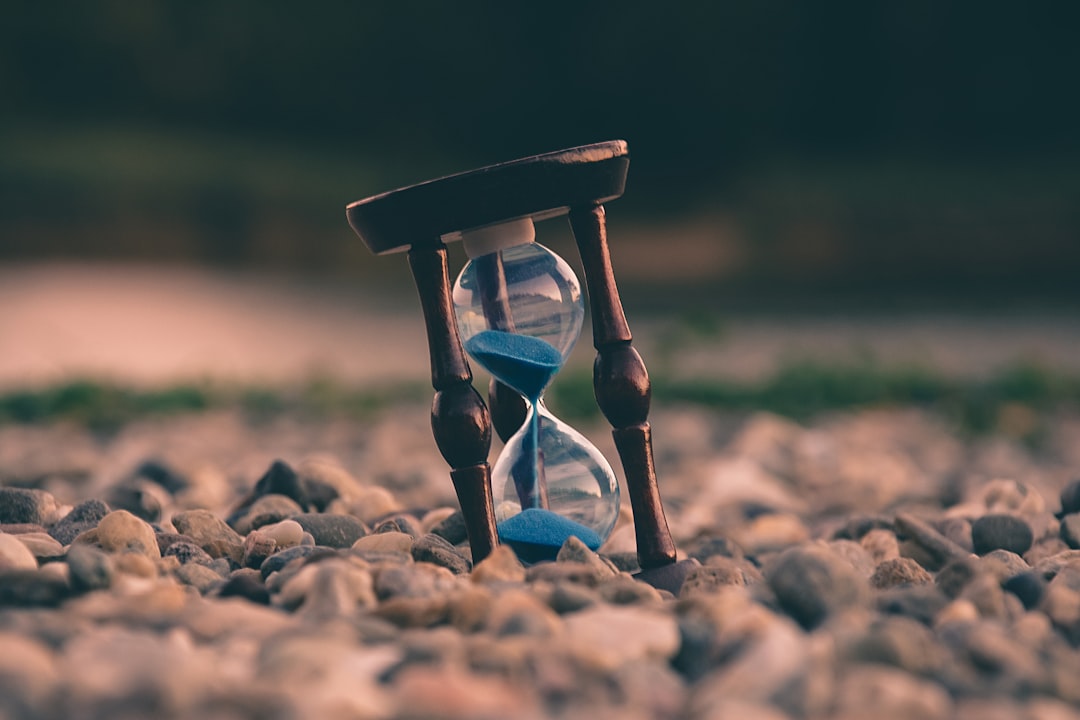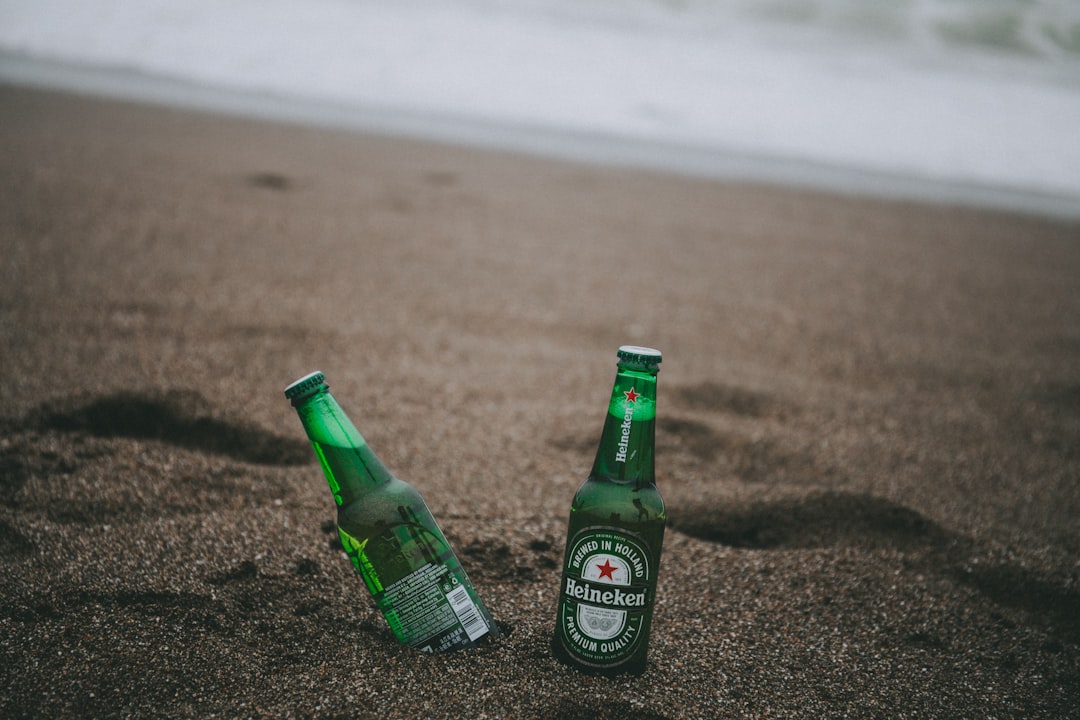being time poor
Time is our most finite resource today. Somehow, almost all of us, in our quest for living life to the fullest have misunderstood it and are cramming things in. Leaving the rat race seems to be a fuzzy goal but "in a few years". Because right now, it does not seem plausible.

Phrases like "I'll sleep when I am dead" and "24 hours in a day is not enough" are unfortunately used as well.
Funnily, we have created a lot of time for ourselves. Most of us have help at home to do house-work. We might have a cook or order-in regularly. We have a chauffeur on hand, either via a cab or a permanent one at our disposal. And yet, with all this saved time, are we any better off?
Either it is more work that's crammed in, or "I need to de-stress" and we watch more TV (or whatever it is that we do).
What if there's a way to buy time?
cramming more work
From our youth, we are conditioned to work. To sit around and be part of the chain, to do our bit. And by steadily increasing the amount of time we are meant to sit around, we don't even realise that we spend a third of our day at work.
And with most of the world being out of whack - losing sight of sustainable work practices, from the time spent to the practices used (the long-term effect is climate change and us losing our sanity via burnout), we are all the same boat. Because everyone else around us is doing the same, maybe we believe we don't have much of a choice.
For example, calls at all times of the day/night with the standard excuse being "I am working at a different time-zone". But then, you are working at your time-zone as well. This is a startlingly common scenario I find amongst my students. I, for one, cannot fathom keeping my phone on when I am sleeping. Similarly, a bunch of my students cannot fathom not keeping the ringer on!

We are scared. If we don't take those calls, if we don't work all those hours, we will get left behind. Shane Parrish reminded me of a conversation in Alice in Wonderland, dubbed the Red Queen Effect.
Alice looked round her in great surprise. ‘Why, I do believe we’ve been under this tree the whole time! Everything’s just as it was!’
‘Of course it is,’ said the Queen, ‘what would you have it?’
‘Well, in our country,’ said Alice, still panting a little, ‘you’d generally get to somewhere else — if you ran very fast for a long time, as we’ve been doing.’
‘A slow sort of country!’ said the Queen. ‘Now, here, you see, it takes all the running you can do, to keep in the same place.
If you want to get somewhere else, you must run at least twice as fast as that!’
my personal realisation
Over the past 9 years, the amount of work I cram into a day has steadily grown. The amount of hats I wear has steadily increased. But was I feeling better? Was the quality of my work improving? Was I going where I wanted to go? Was my company going where we wanted it to go? Was my health and mental growth going where I wanted it to go?
I was too busy doing work to step back and ask these uncomfortable questions. When I finally did, I realised I was working more but not doing high-quality work.
Even solid anchors, like my motivation to train, my skill work in strength training, my strength levels - all of them were not doing great. These are as valid a barometer as anything else in my life. Finally, I woke up to this.
but, what next?
So, if it is not about cramming more work, then what?!
If I don't cram more work in, how will work get done?
Plus, work is not a bad word. I am here to do work. That only I can do. That I want to do.
And if I don't do the work now, will I have a secure future?

Because of this discomfort, because of our quest for gratification, because everyone around us seems to be doing the same thing, we are not able to get off this boat.
So, we spend our 30s and 40s running ourselves ragged. Where does that leave us?
- tired! catching up on sleep over the weekends.
- burnt out. producing average quality work that is not unique to you.
- feeling older than you should be feeling.
- looking older than you should be looking.
- real physiological effects of long-term stress, from white hair to actual issues internally that we are kinda sorta oblivious to.
- constantly running but never having the time to take stock.
- filling our lives with things but barely managing to catch a breath. Even when we cram it with 'fun' things like catching up with our friends or hobbies and all that. Most of these invariably have time limits. Or these are the first things to be sacrificed when work comes up.
It leaves us lowering the potential for the rest of our lives because we are affecting our health - physical and mental. We are lowering our potential in life, both physically and mentally.
some open questions
I don't have real answers. But I am in the process of asking myself questions, and these questions are disquieting and uncomfortable. Which makes me think that I am on the right track.
One thing that I have started working on is being in the moment. Easier said than done but it has been a revelation. I am also working on better communication, primarily by trying to listen better. I have upped my reading game, after years of reading but not reading well.
- how often are you in the moment?
- what are you doing when you are eating? brushing your teeth? drinking your tea/coffee?
- how many 'work-related activities' have you reduced, as you've taken on more responsibilities?
- what have you lost as a result of your progress at work?
There are smarter people than me talking about things like this. I hope to get you started and find those people with a lot more to say.
But here's what I am thinking.
- is it really possible to be productive for >10 hours a day?
- should we be productive at work for >10 hours a day?
- should we sacrifice the quality of the time we spend on doing other things?
- should we sacrifice the quality of our work?
- are hobbies or knowledge or art or whatever it is that we do, for the sake of doing it alone, not worth it?
- if we can do the same quality of work in lesser time, should we not?
some practical tips on buying time
These might sound overwhelming, or it might sound like I am out of touch with reality. I could be wrong but I don't think so. While I don't know the right answer, I think the questions (or ballpark of it at least) I am asking are relevant.
Focusing on your fitness and health can literally get you to start buying more time. It seems counter-intuitive to invest the one thing you don't have enough of - time. But that's how it works. You will do more by doing less. I wish I didn't have to use a cliche but that's how it is.

Even if it is not your keystone habit, it is a huge part of your solution.
- by eating better and training sensibly, you don't feel your age. In fact, most of us are resigned to "this is how it is when we are old" but that's not true at all. By moving more, by eating higher quality of food, you can literally roll the clock.
- Your body is capable of movement for a long, long time. By simply getting back slowly, and practicing a bit more daily, you feel physically different. From being able to squat completely, to walking up stairs, to being aches-and-pains-free, a lot goes into making you time-rich.
- by losing fat (if your WHR is >0.5), you improve your chances of living longer. And reducing the odds of getting a lifestyle-related disease.
- when you don't have to worry about things like diabetes or heart-disease and all those lifestyle-related issues, well, it means a lot of things in your body are going well.
- with sensible training and nutrition, plus a good focus on sleep, you start to feel mentally alert. You literally can get more work done in lesser time because the brain fog has lifted.
- by being in the moment when you are doing a physical activity, you are practicing mindfulness. You are learning to listen to your body. You feel recharged and energised.
- your biological age literally reduces as you do all of this. The calendar might tell you that you are 40. But your cells might be 35 years old only. Isn't that amazing?!?!?
- you start to look and feel better. In my early 20s, I could not transport my body for 10 kms, or walk up 10 flights of stairs. Today, in my late 30s, those are trivial things to do.
What does any of this have to do with buying time?
- your brain and body are literally rolling back the clock.
- you get to do more productive work with lesser time. this means less burn-out, and more time to do other enriching things. By investing an hour in your fitness daily, and a couple of hours weekly in better nutrition, you are going to gain multiple hours a week.
- you put these extra hours gained into relationships, into reading, into your hobbies, into self-improvement, into other fitness endeavours, into whatever enriches your life. And that will in turn snowball your mental growth.
- you start to think about and realise a bunch of things that you have not had the time to contemplate, you start to question the status quo.
And yes, you are buying time. In the immediate term of a day by being more mentally alert. And over the long term by being disease free. It is not a question of quantity at all, but quality.

The goal should be something on the lines of being physically and mentally able to do what we want to do at 80, rather than being pseudo-alive at 80. Coach Dan John, the master at sensible outstanding thinking, has his goal as dancing at his grand-daughter's wedding.
It starts with you, your health, and your mindset. Eventually, a coach (a strength coach, or a nutrition coach, or a life coach or a spiritual coach) will come in handy as you level up. But for now, just start.
- exercise 30-60 minutes a day. Yes, a walk is enough.
- Eat more real food aka eat like an adult.
- sleep.
- keep your stress at bay by working lesser and spending more time doing fun, creative things.
Live long and prosper!
